FREQUENTLY ASKED QUESTIONS
Winemaking and nutrition
Nutritional information
For nutritional information relating to [yellow tail] wines sold in Australia, please refer to the nutritional chart below. Nutritional information is per 100ml.
(% daily value)
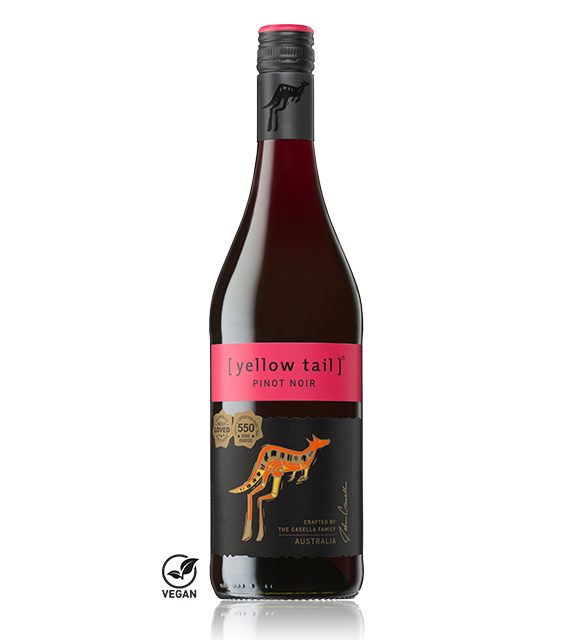
NOIR
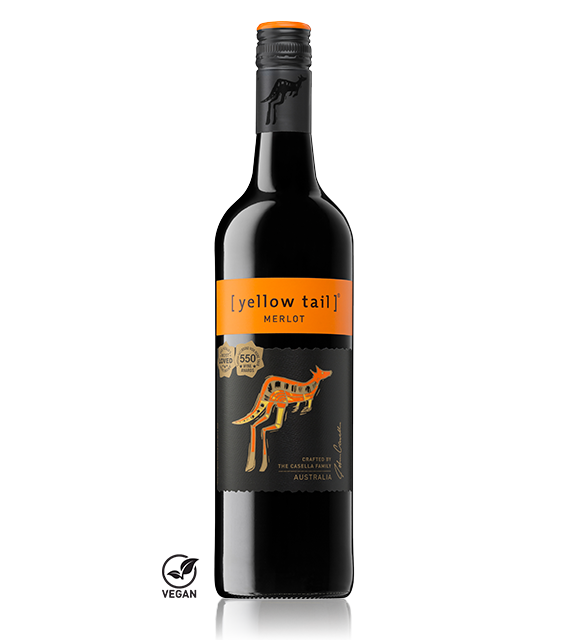
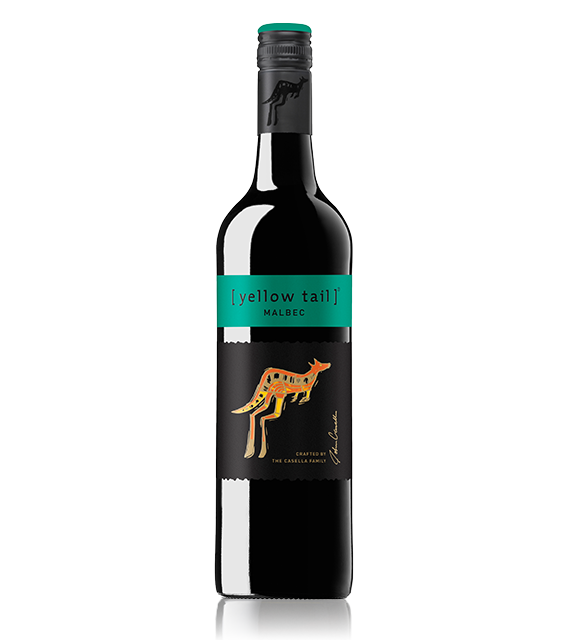
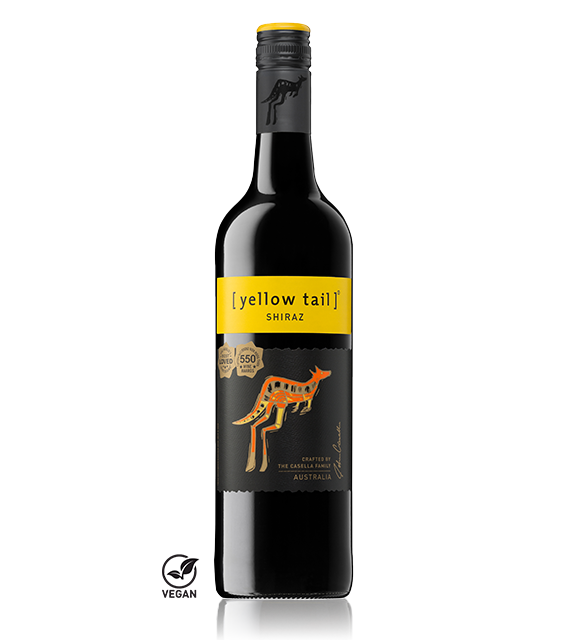
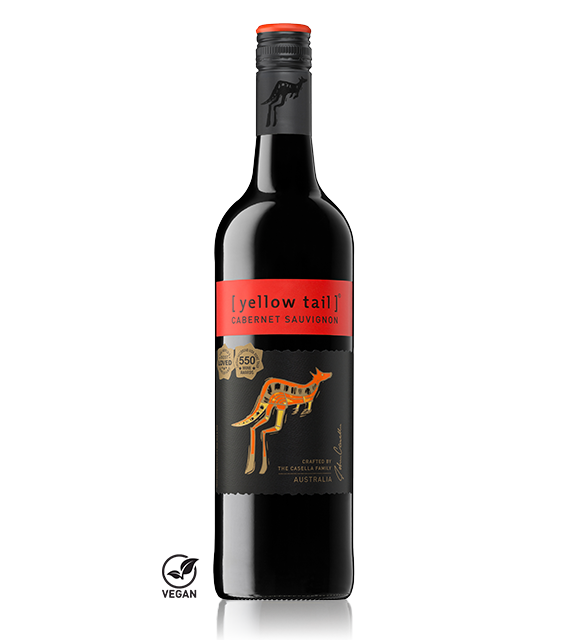
SAUVIGNON
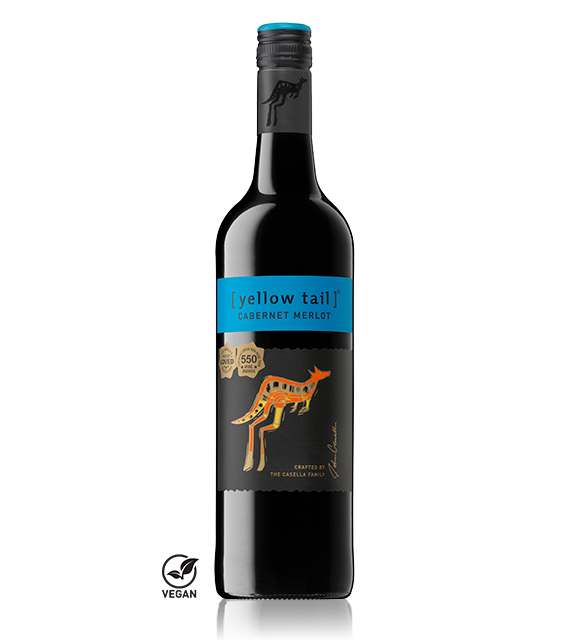
MERLOT
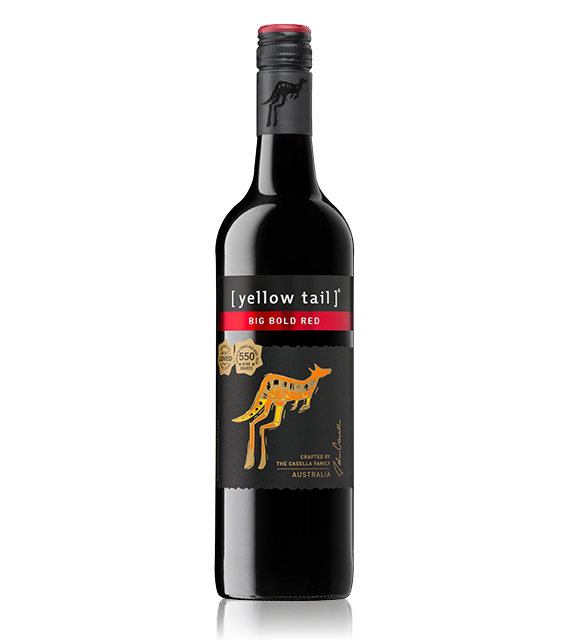
RED
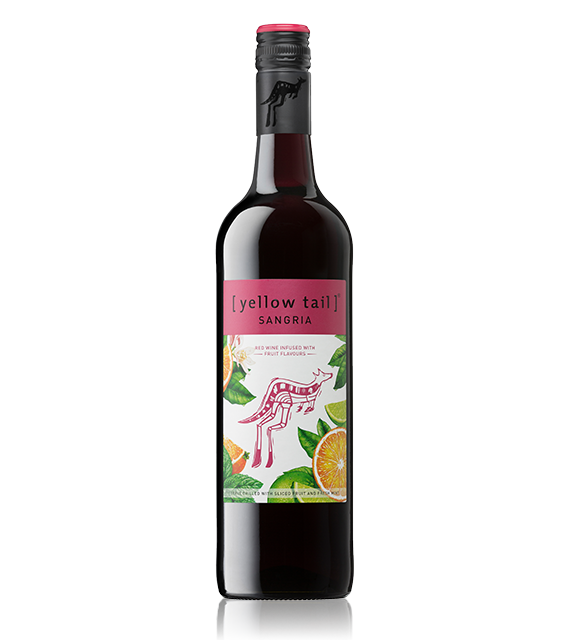
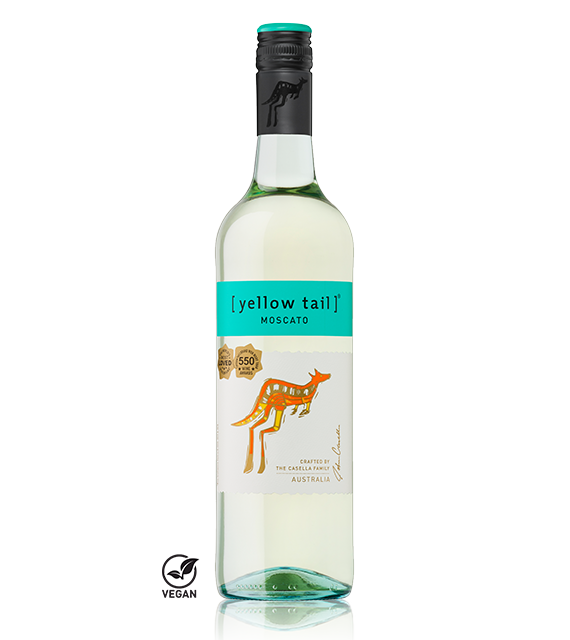
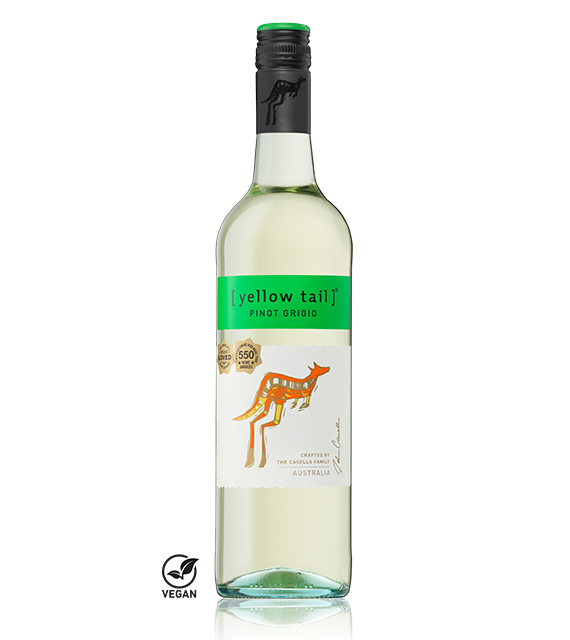
GRIGIO
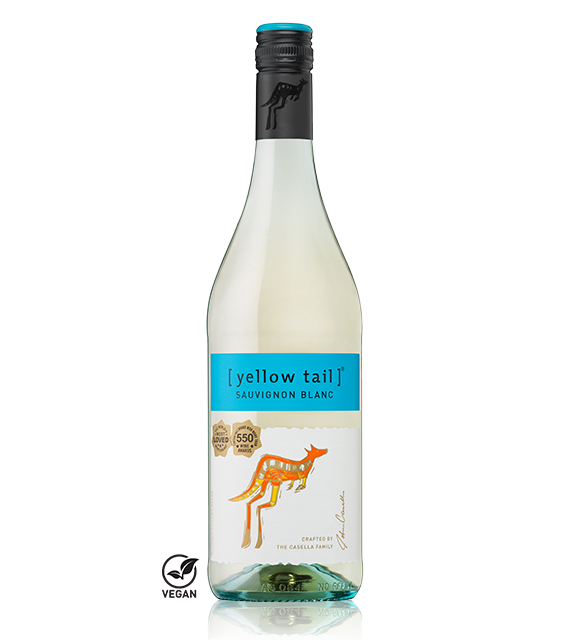
BLANC
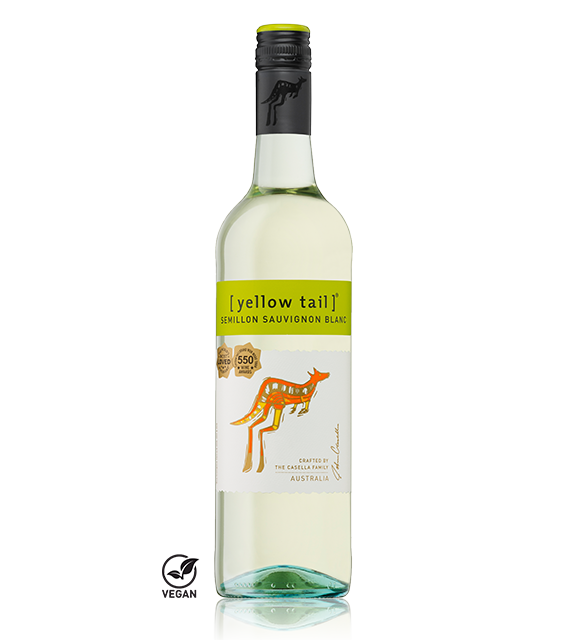
SAUVIGNON
BLANC
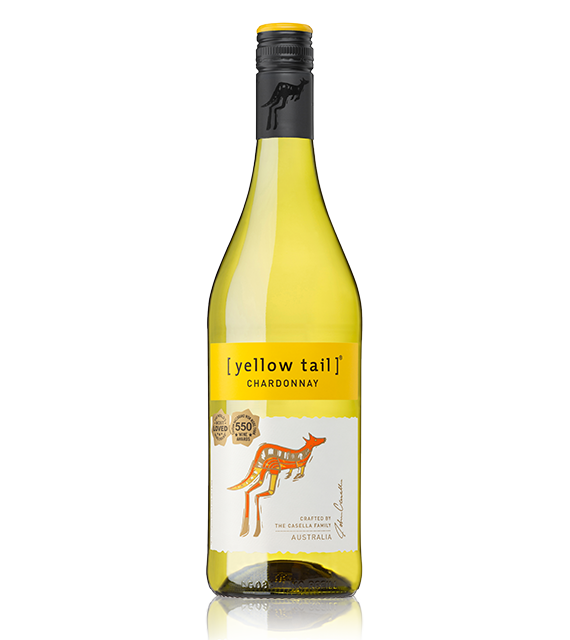
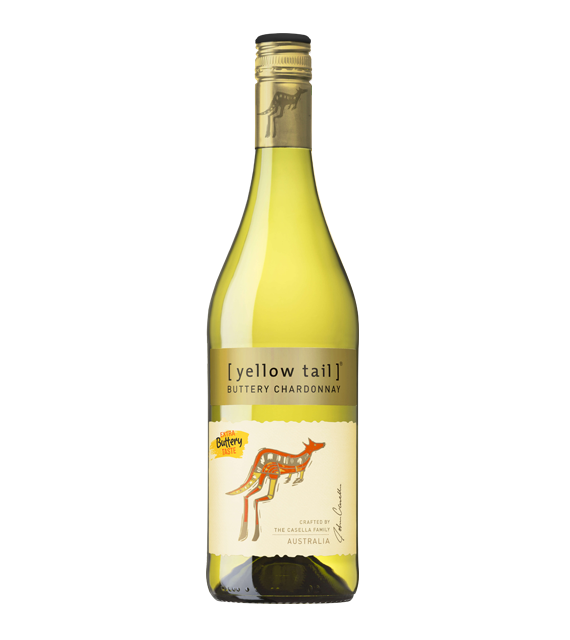
CHARDONNAY

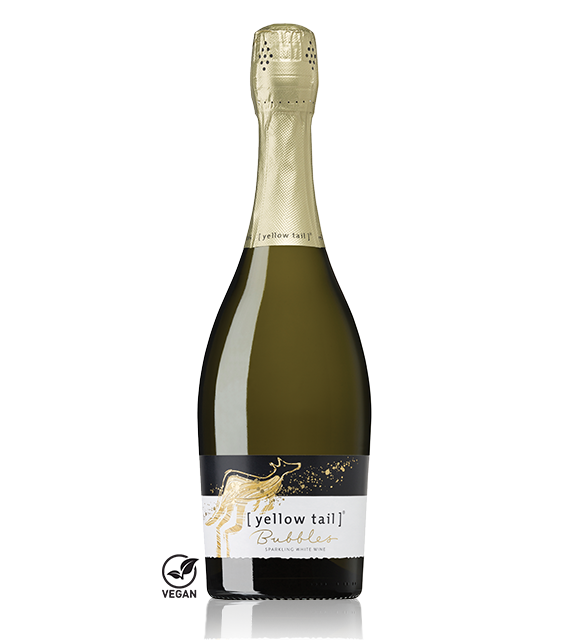
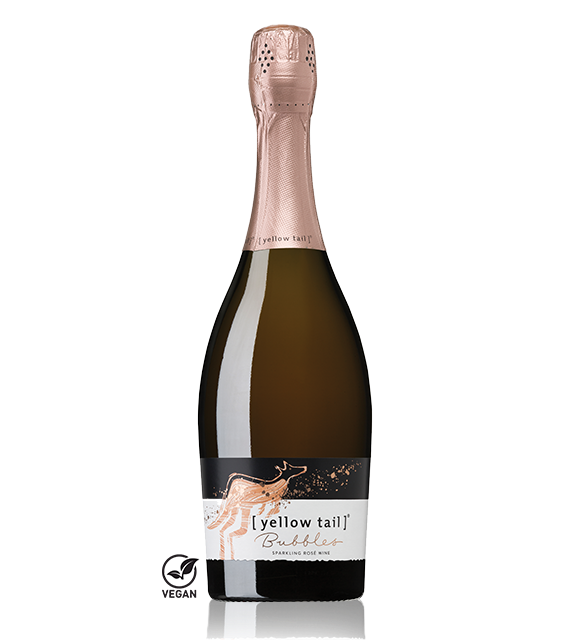
BUBBLES
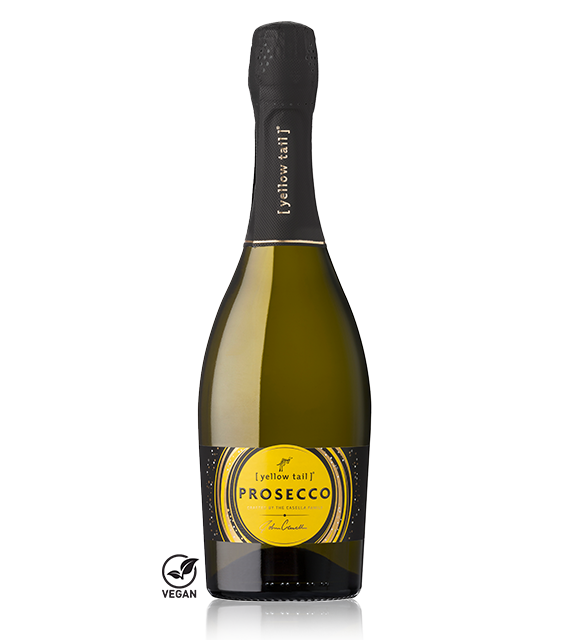
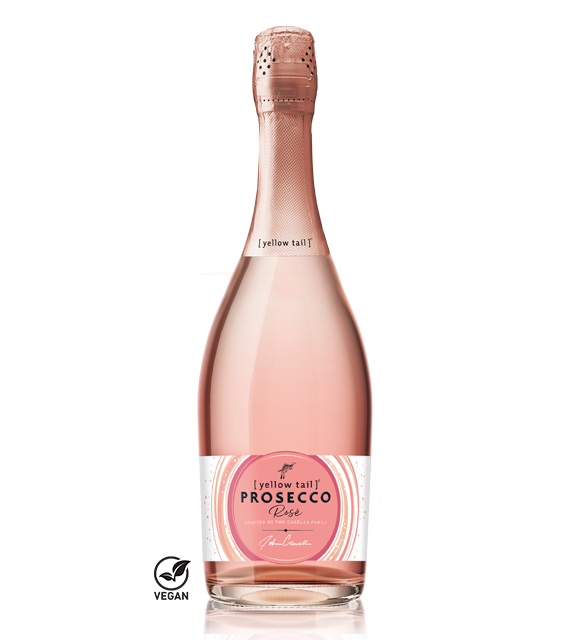
ROSÉ
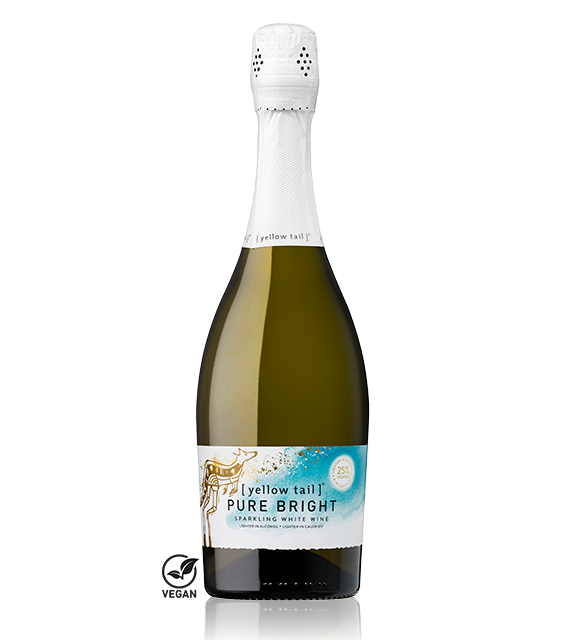
SPARKLING
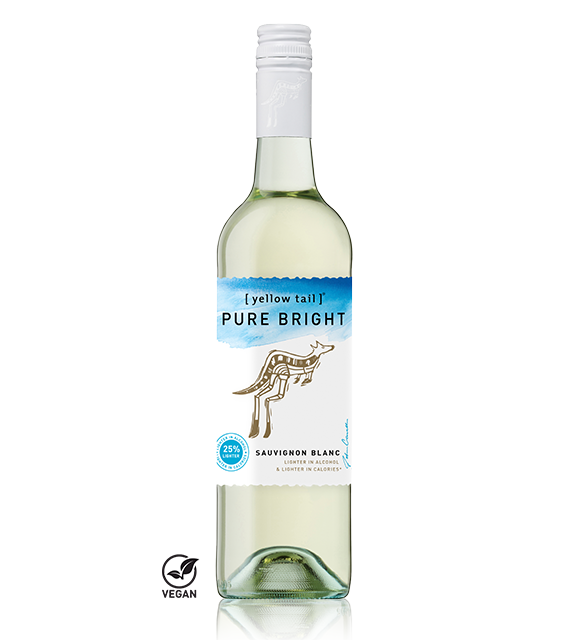
SAUVIGNON
BLANC
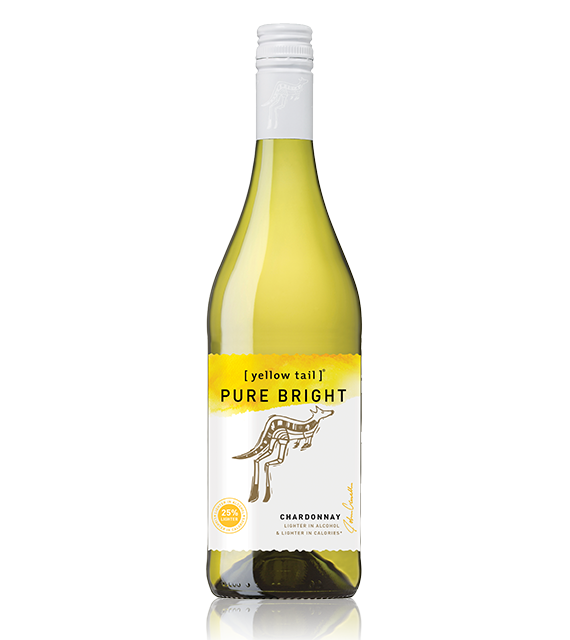
CHARDONNAY
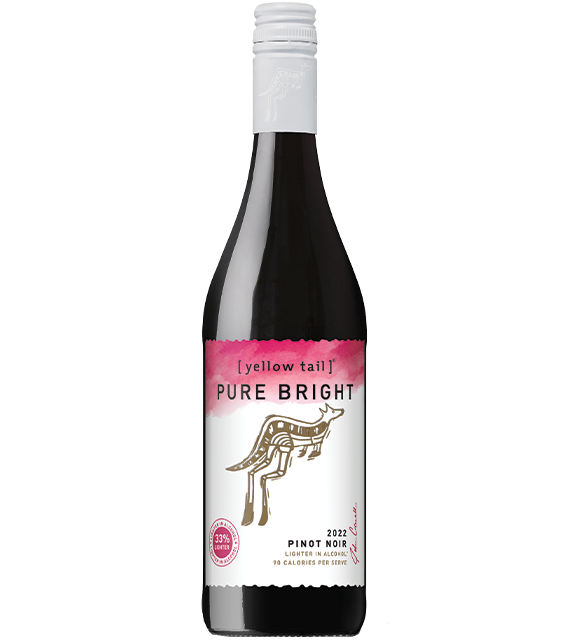
PINOT NOIR
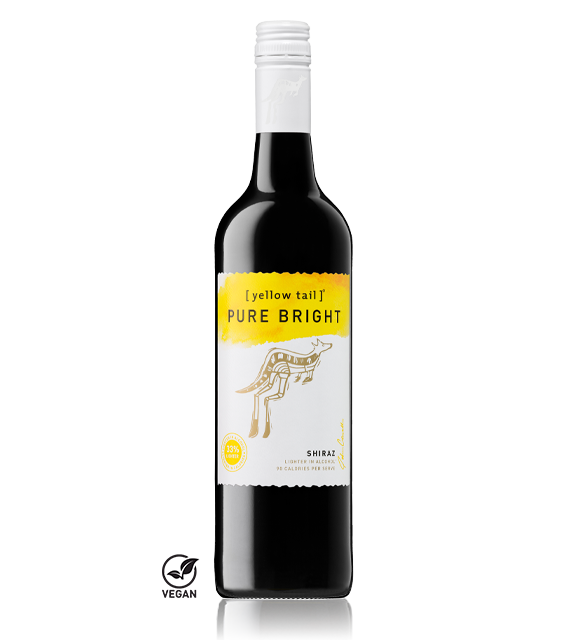
SHIRAZ
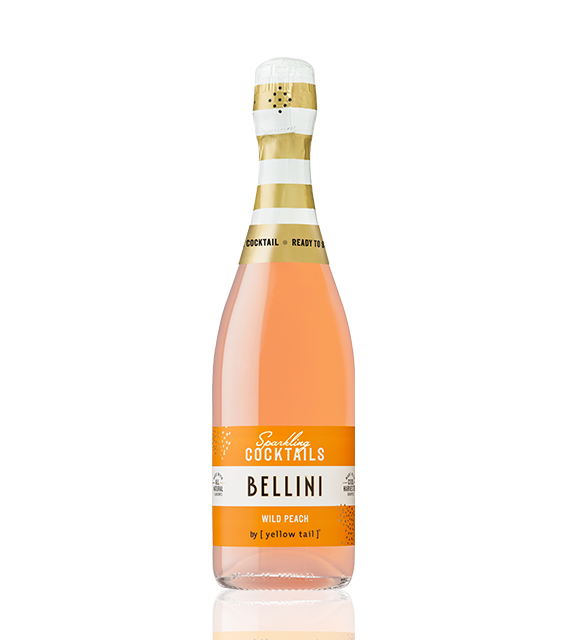
COCKTAILS
BELLINI
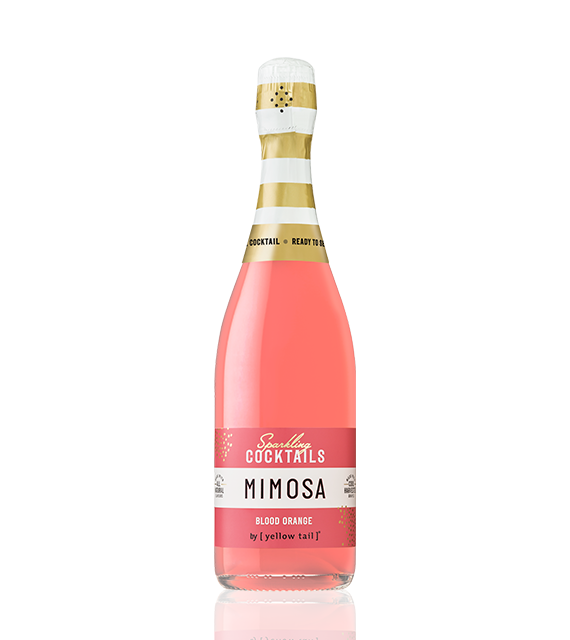
COCKTAILS
MIMOSA
Nutritional information is based off 2023 vintages. The vintages found in store may differ, however the differences in nutritional information are negligible. Wines may contain trace elements of protein. Wines do not contain any measurable elements of fibre. Reference intake for carbohydrates: 310g. Reference intake for sugars: 90g.
Winemaking
What ingredients are in your wines?
All [yellow tail] wines are made from premium wine grapes; the only additive added is SO2 (sulphur dioxide) which is used as a preservative to keep the wines fresh.
Are [yellow tail] wines vegan-friendly?
Many of the [yellow tail] wines are vegan friendly! These are clearly identified on the website, and these wines also feature a vegan symbol on the back label of the bottle.
Is [yellow tail] wine dairy free?
All [yellow tail] wines are produced with the aid of either milk, eggs, fish, or a vegan-friendly fining product. The wines use these products in the fining process and they are removed during filtering before bottling.
Is there yeast present in [yellow tail] wine?
Yeast is added to grape juice to transform the sugars into alcohol and turn the juice into wine. This fundamental winemaking process is called fermentation. Once fermentation is complete, the yeast is removed before the wine is bottled. However, there may still be minor traces of yeast in the wine, which is a normal occurrence in this process.
Are [yellow tail] wines gluten free?
Yes, all [yellow tail] wines are gluten free.
Do you use genetically modified fruit?
We do not use any GM (Genetically Modified) products in our winemaking process. Our company’s position with our suppliers is that any food products must be certified GM free before they will be considered in the manufacturing process of [yellow tail] wines.
Product Information
How do I know what vintage my [yellow tail] wine is?
The vintage is indicated on the front label, on the bottom right hand side of the label, above “Crafted by the Casella Family”. If no year is indicated, this means that the wine is non-vintage. Non-vintage means that the wine is a blend of more than one vintage. This allows our winemaking team to produce consistently high quality and great tasting wine year-to-year.
Why is there sediment (dark residue) in my wine?
Sediment is naturally occurring and does not mean the wine is bad or harmful in any way. The particles and sediment in the wine are made up of tannins and fruit colour which drop out of suspension as the wine ages.
What are tannins in wine?
Tannins are found in grape skins, seeds and wood. Tannins are important, as they provide colour, flavour and structure to the wine, and are often described as producing a dry, puckering sensation in the mouth.
Packaging
What is a ZORK?
ZORKS are re-sealable and are used to maintain the freshness and effervescence of [yellow tail] Bubbles and Prosecco. ZORKS are 100% recyclable, and according to the Packaging Council of Australia, have a 40% lower carbon footprint than a cork, wire and hood alternative.
Who designed the [yellow tail] label?
The ‘Roo design was created by an agency in South Australia called Just Add Wine. Director and owner, Barbara Harkness, created the design to be distinctly Australian. This design was purchased by Casella Family Brands to launch [yellow tail] – a new and unique range of Australian wines. If you would like to find out more, please read this article.
Other
Where can I buy [yellow tail]?
You can find you nearest stockist on the Where to Buy page of the website.
I have a sponsorship opportunity or charity request, where should I send it?
Please send an email to: info@yellowtailwine.com
